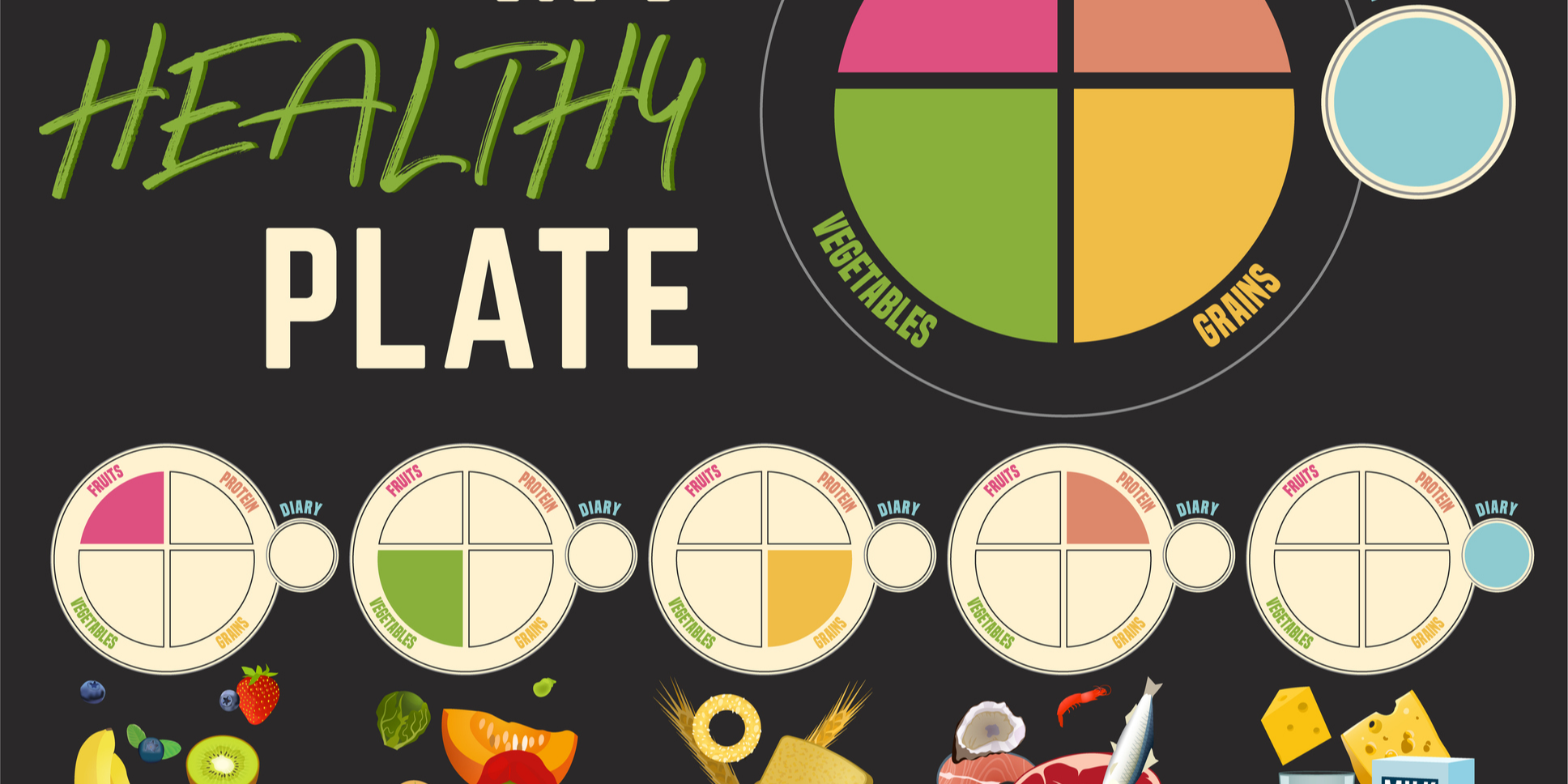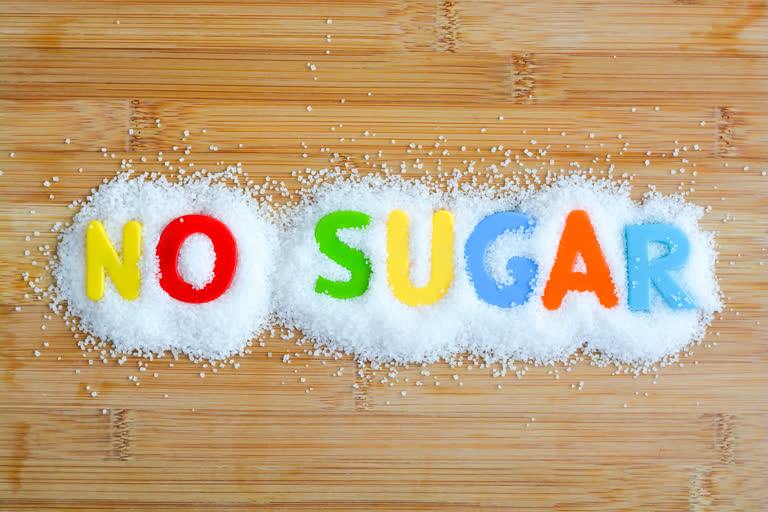What does eating right mean?
- If you have Type 1 diabetes, carbohydrate counting is really important to keep your blood glucose levels in check. It is a technique that involves tracking the grams of carbs in food to ensure that you don’t eat more than a predetermined amount at a given meal and match it with how much insulin you need to take. You can count each serving of carbohydrates since each serving of carbs is 15 grams.

Portion sizes are important whether you have Type 1 or Type 2. It makes calculating nutritional facts when you’re carb counting or managing your weight a lot easier.
Here are few tips from our Nutritionist and Diabetes Educator Divya Gupta for Diabetes management through nutrition.
- Choose healthier carbohydrates- Choose healthier foods that contain carbs and be aware of the portion sizes.
Example- brown rice, whole-grain bread, whole-grain pasta, buckwheat, quinoa, millets, oats, low sugar bran flakes, etc. Cut down on foods low in fiber such as white bread, white rice, and highly processed cereals. Check food labels before buying.
- Green leafy vegetables – Green leafy vegetables are packed full of essential vitamins, minerals, and nutrients. They also have minimal impact on blood sugar levels. Green leafy vegetables include cabbage, broccoli, kale, spinach, etc.
- Fruits – Whole fruit is good for everyone, even for diabetics. Fruits do contain sugar, but it is natural sugar. Products like fruit juices also count as added sugar, so go for whole fruit instead like citrus fruits, pears, plums, strawberries, cherries, etc.
- Healthy fats from nuts, seeds, olive oil, fish oils, flaxseeds, or avocados.
- High-quality protein such as eggs, beans, low-fat dairy, lean meats, and unsweetened yogurt.
- Avoid packaged and fast foods, especially those high in sugar, baked goods, sweets, chips, desserts. Check labels and opt for low sugar products.
- Avoid drinks that contain a lot of sugar, such as energy drinks, some coffees, and sakes that can imbalance a person’s insulin levels.
- Limit Salt – Eating lots of salt can increase your risk of high blood pressure, which in turn increases the risk of heart diseases and stroke. And if you have diabetes, you’re already more at risk of all these conditions.
- Eat less Red and Processed Meat – Try swapping red and processed meat for pulses such as beans and lentils, eggs, fish, chicken, turkey, unsalted nuts.
- Snacks – If you want a snack, choose yogurts, unsalted nuts, seeds, fruits, and vegetables instead of chips, biscuits, and chocolates.
- Drinking alcohol in moderation should not have serious risks for people with diabetes and should not affect long-term glucose control. People using insulin may have a higher risk of hypoglycemia linked to alcohol consumption.
- Exercise can help you manage your weight and may improve insulin sensitivity. Being more physically active goes hand in hand with eating healthier. It can help you manage diabetes and also reduce your risk of heart problems.
- Stay hydrated – Drinking water could help control blood glucose levels.
- Cinnamon and Turmeric (curcumin in turmeric) help to reduce blood sugar levels.
- According to studies, Bitter gourd (karela) juice helps in lowering blood glucose levels. Drink it early in the morning on an empty stomach.


